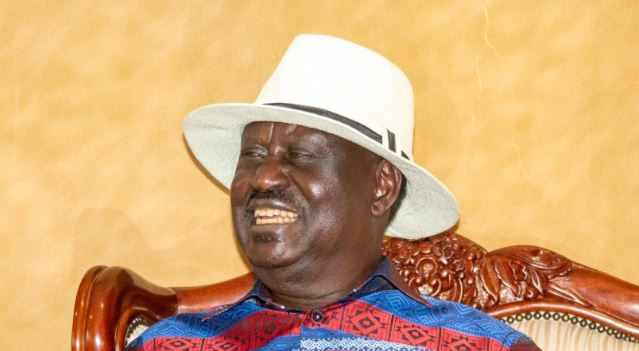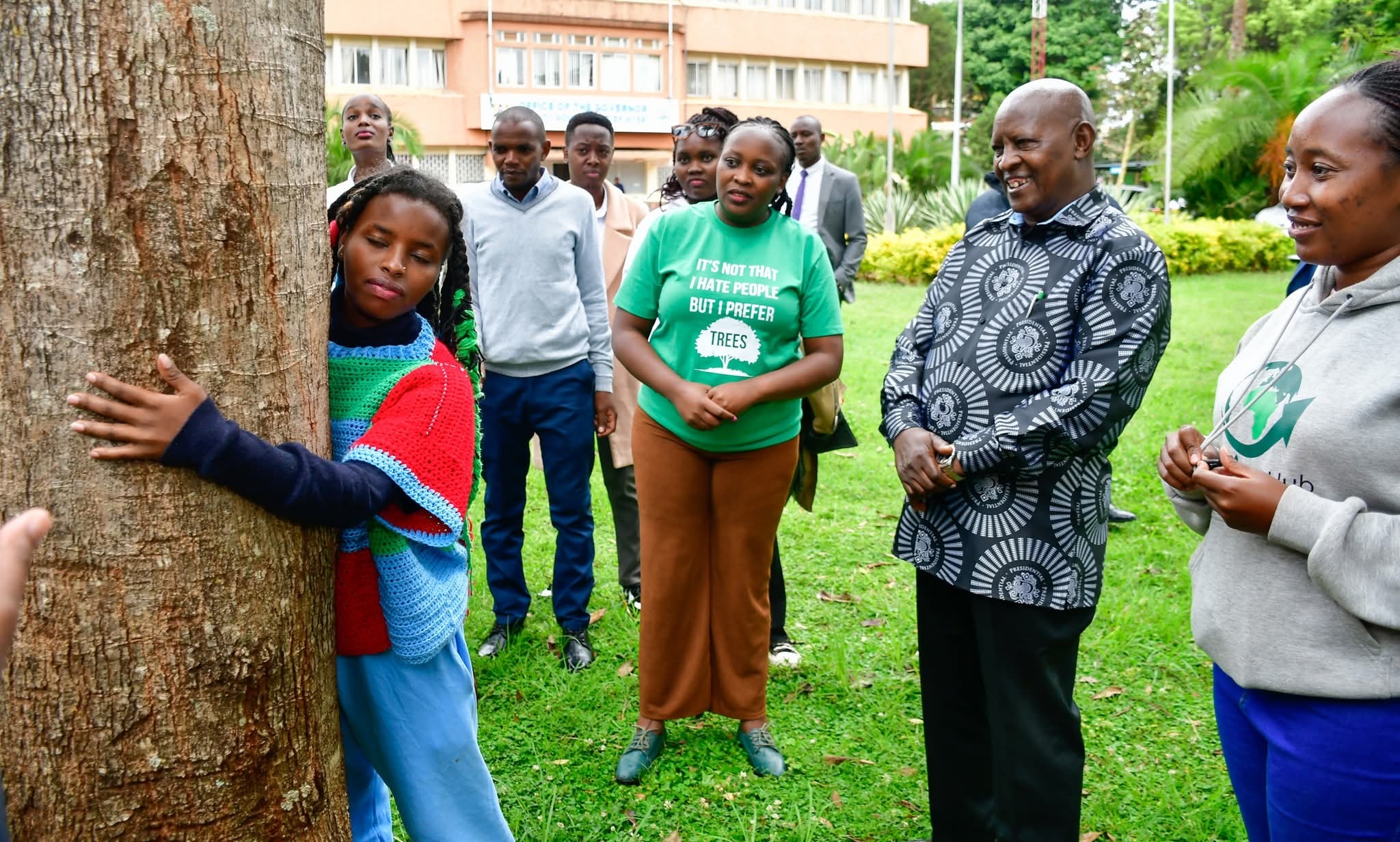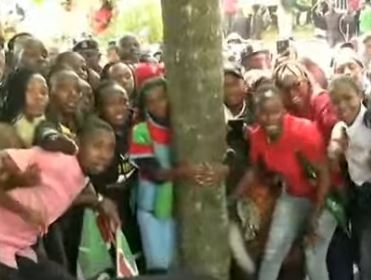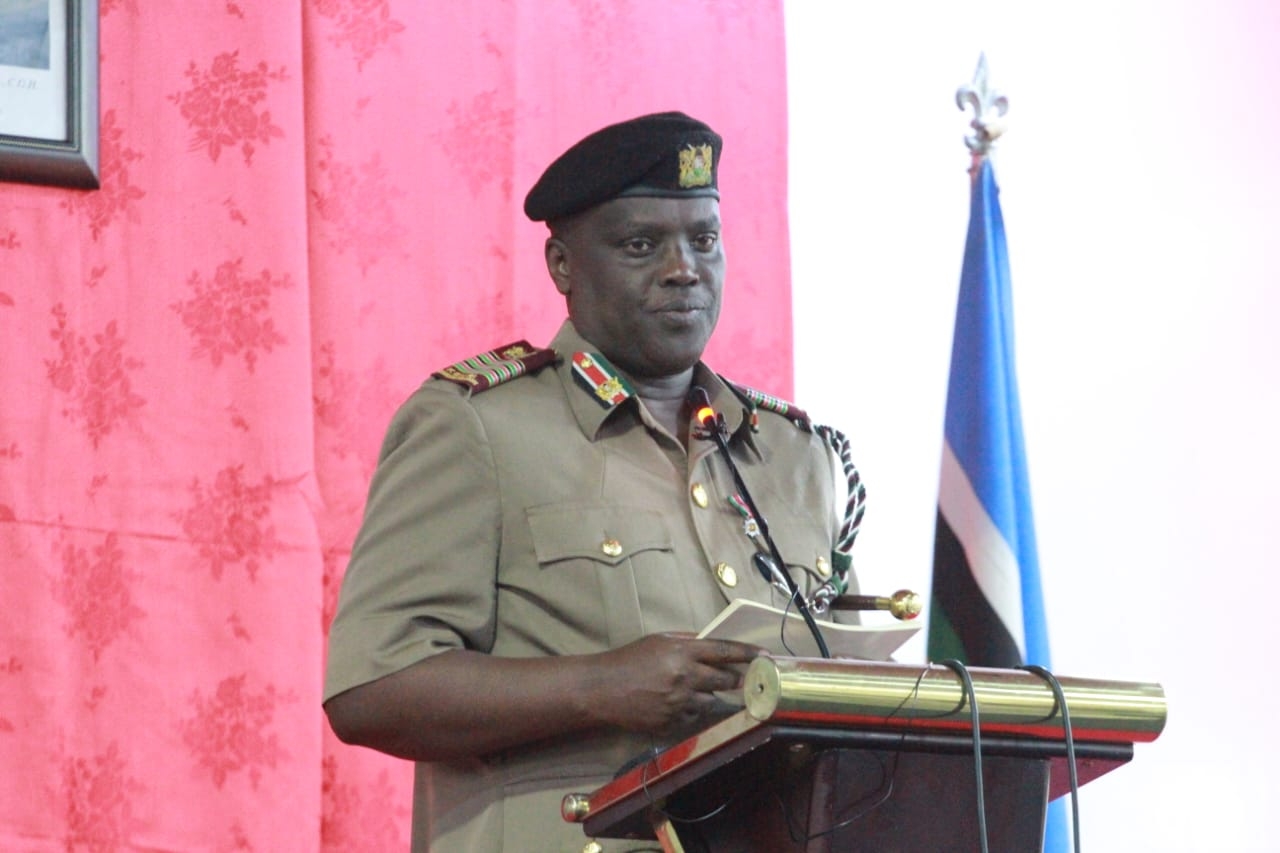
In the story of our nation, few names carry a destiny so unique. Raila Amolo Odinga’s shoes cannot be filled by just anyone.
Leadership of his kind is not taught in classrooms or earned through ambition. It is a calling, a spirit and, perhaps, a sacred inheritance. The ability to command crowds effortlessly, to speak and have millions listen in silence, is not a political strategy; it is a gift, one that seems to run deep in the blood of the Jaramogi family.
From Jaramogi Oginga Odinga to his son Raila, that fire, the courage to stand tall against power, to unite the broken and to speak for the voiceless, has always flowed naturally within that lineage. You cannot impose yourself on that role if it’s not in your blood. You can try, but the people will know. They can feel the difference between borrowed courage and inherited conviction.
To understand why Raila’s successor must come from the Odinga family, one must first understand what the name means to Kenya. It is not just a surname; it is a symbol of resistance, hope and justice.
When Jaramogi said “Not yet Uhuru”, he wasn’t just opposing authority; he was defining the moral foundation of Kenya’s political conscience. He stood against the comfort of silence and chose the hardship of truth. That same spirit, unbending, selfless and fearless, was passed down to Raila, who inherited not wealth, but a mission.
Raila carried that mission with unmatched energy. For over four decades, he fought for democracy, freedom and the rights of ordinary Kenyans. He was detained, vilified and betrayed, yet never surrendered. What made Raila unique was not just his political skill, but the divine aura that surrounded him; an unexplainable magnetism that drew people in their millions.
You cannot teach that kind of charisma. You cannot manufacture it in boardrooms or political camps. It is born, not made, and history has shown that only the Odinga lineage has produced it.
Raila Odinga was not just a politician. To many, he was a spiritual symbol, a man of destiny. In times of chaos, his voice calmed storms. When the nation was divided, his presence became a bridge. You could feel his energy in crowds, a mix of authority, empathy and mystery.
This is why his supporters, especially from Nyanza, did not follow him out of obligation, but out of faith. They believed in him not as a mere leader, but as a protector of truth, a modern Moses who could lead them through the desert of political injustice. Or the Joshua leading them to Canaan.
And just like Jaramogi before him, Raila’s leadership went beyond tribe or political party. It was a moral force, a calling to defend what is right even when it is unpopular.
Now that Raila has departed from the political scene, Kenya finds itself at a spiritual crossroads. The question is not just who will lead the opposition, but who can carry that sacred flame without dimming its light? The answer lies where it all began, within the Odinga family.
Many ambitious politicians may try to position themselves as Raila’s political heirs. They may even claim to carry his vision. But the truth is, you cannot inherit the people’s trust through declaration; you earn it through a lifetime of sacrifice and authenticity.
Raila’s political life was an open book of struggle. He lost elections but never lost his dignity. He faced imprisonment but never betrayed his cause. When Kenyans cried, he cried with them. When they danced, he danced among them. That intimacy between leader and people cannot be replicated by anyone outside that bloodline.
We have seen others attempt to fill the vacuum, loud voices, eloquent speakers, even powerful businessmen—but they lack that spiritual connection. They may have influence, but not inspiration, ambition and anointing. They can gather crowds, but they cannot command hearts.
The Odinga legacy, on the other hand, has something different, a kind of divine trust that Kenyans naturally extend to that name. Whether one loves or criticises them, the Odingas are part of Kenya’s moral DNA. Their leadership is more than politics; it is a continuation of history.
Now the million-dollar question is, who in the Odinga family can carry the torch?
Within the Odinga family, there are a few names that come to mind: Winnie Odinga, Oburu Oginga, Raila Odinga Jnr and Rosemary Odinga.
Among them, Winnie stands out as the most natural heir to Raila’s mantle.
Like her father, she is bold, outspoken and fiercely loyal to justice and very aggressive. She has grown under the shadow of history and understands the weight of the Odinga name. Her youth gives her freshness, but her upbringing gives her wisdom.
Winnie represents a new generation of leadership—modern, digital, and global, yet rooted in the ideals of her father and grandfather. She carries that same Odinga fire in her tone, the same defiance in her spirit and the same compassion in her words. She connects easily with young Kenyans, yet commands respect from the old guard.
Her public speeches and social media engagements show that she has Raila’s courage and charisma, Jaramogi’s intellect and a modern woman’s resilience. She is not trying to be Raila, she is his continuation in a new era.
Some will argue that insisting on an Odinga successor promotes dynastic politics. But this is not about bloodlines for privilege, it’s about bloodlines of purpose. The Odinga name is not about entitlement; it is about endurance. It is about a family that has bled, wept and sacrificed for Kenya’s democratic soul.
The people trust that name because it has never betrayed them. Through persecution and powerlessness, the Odingas have never turned their back on the people. That trust cannot be transferred through party meetings or coalitions. It lives only within that lineage.
When Kenyans chant “Baba! Baba!” they are not merely calling a man. They are invoking a spirit, the spirit of Jaramogi, Raila and all those who stood for justice when others stood aside. That spirit must live on.
Kenya stands at a delicate moment in history. The void Raila leaves behind is not just political. It is emotional, even spiritual. His name was not merely associated with elections; it was associated with hope.
To preserve that hope, to ensure that the movement he built does not fade into chaos or opportunism, the torch must pass to someone who carries the same fire, the same authenticity, the same destiny, and that can only come from the house of Jaramogi.
Leadership like Raila’s cannot be manufactured; it must be born. And it is within that sacred lineage that Kenya’s next moral voice will rise. As long as the Odingas live, the spirit of Kenya’s conscience will never die.
















